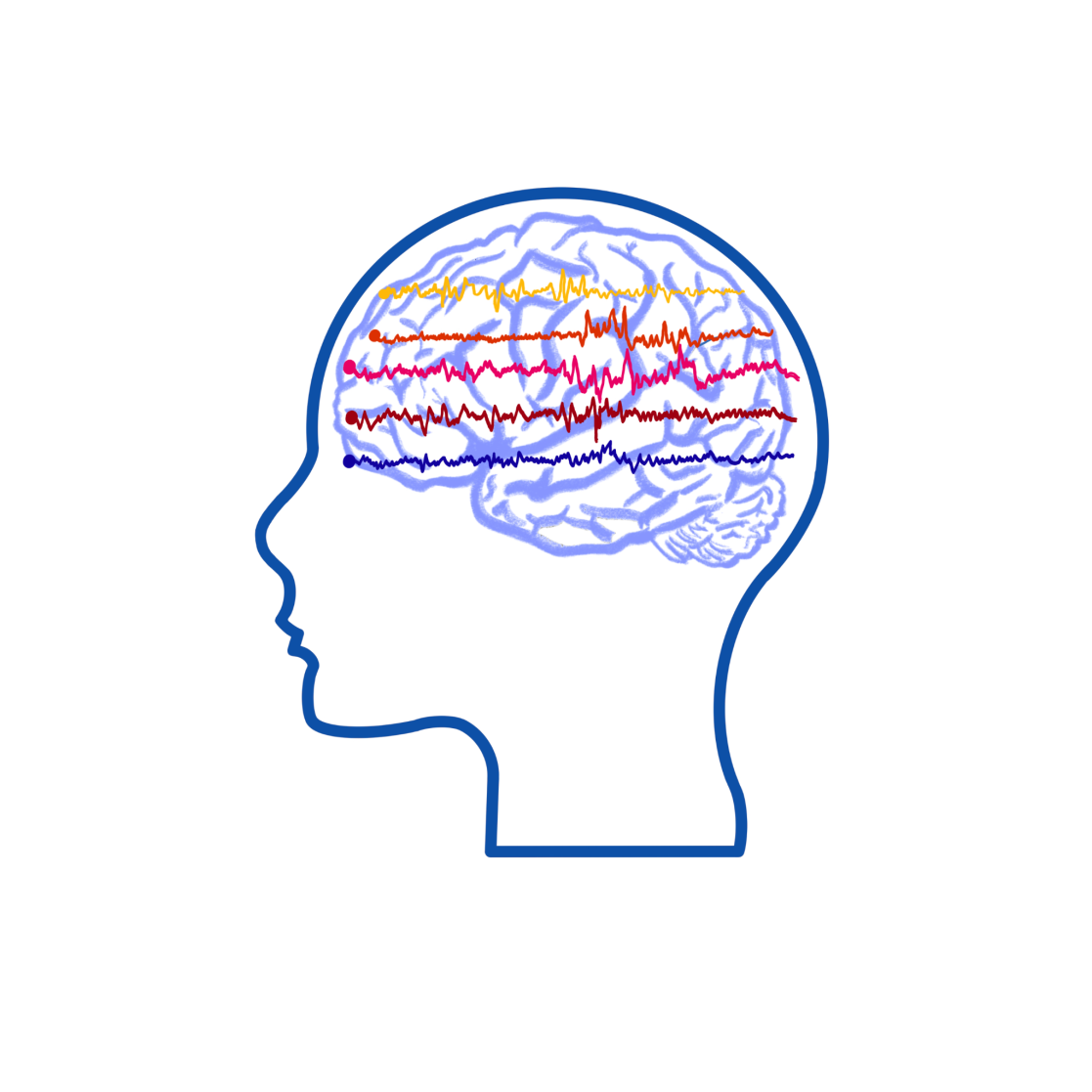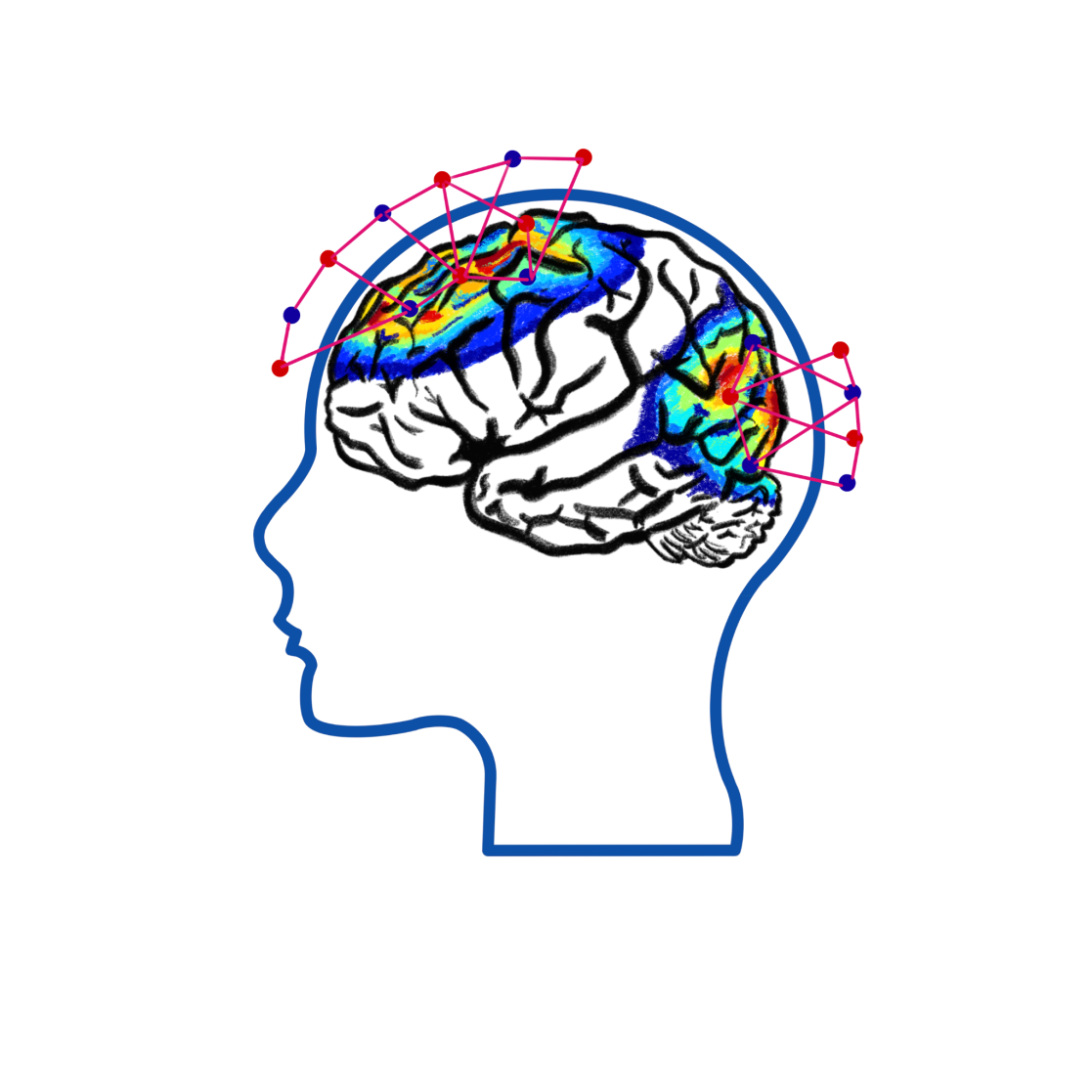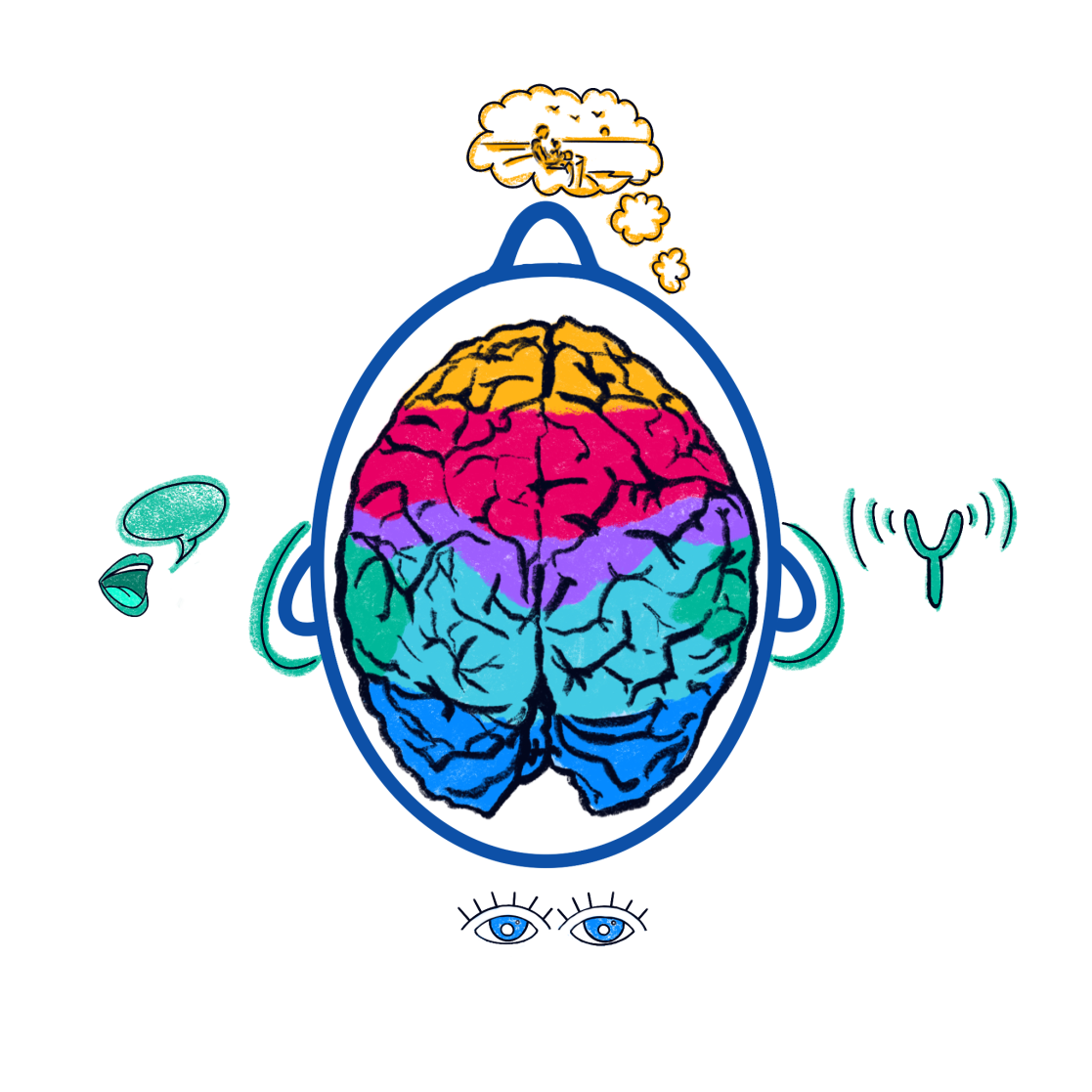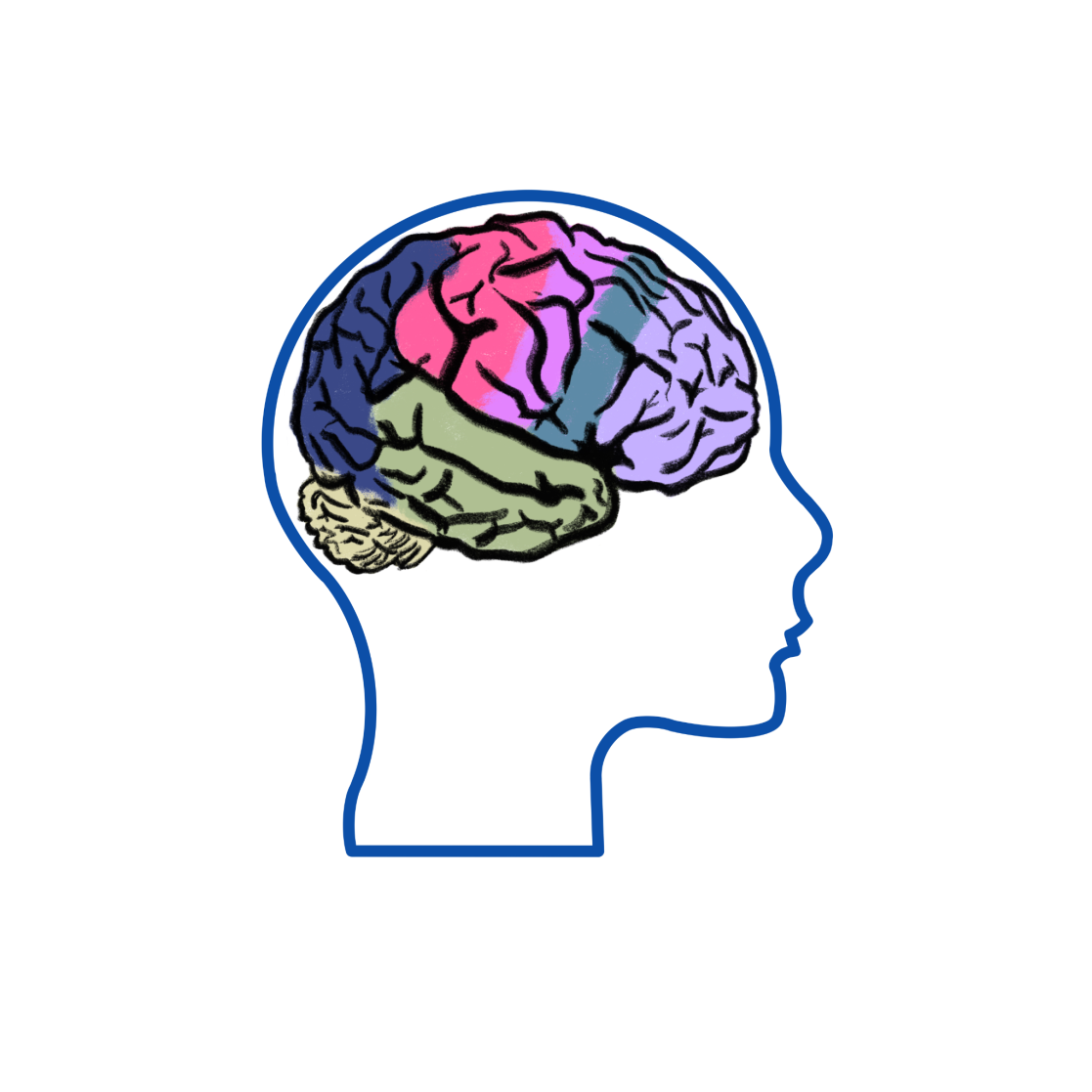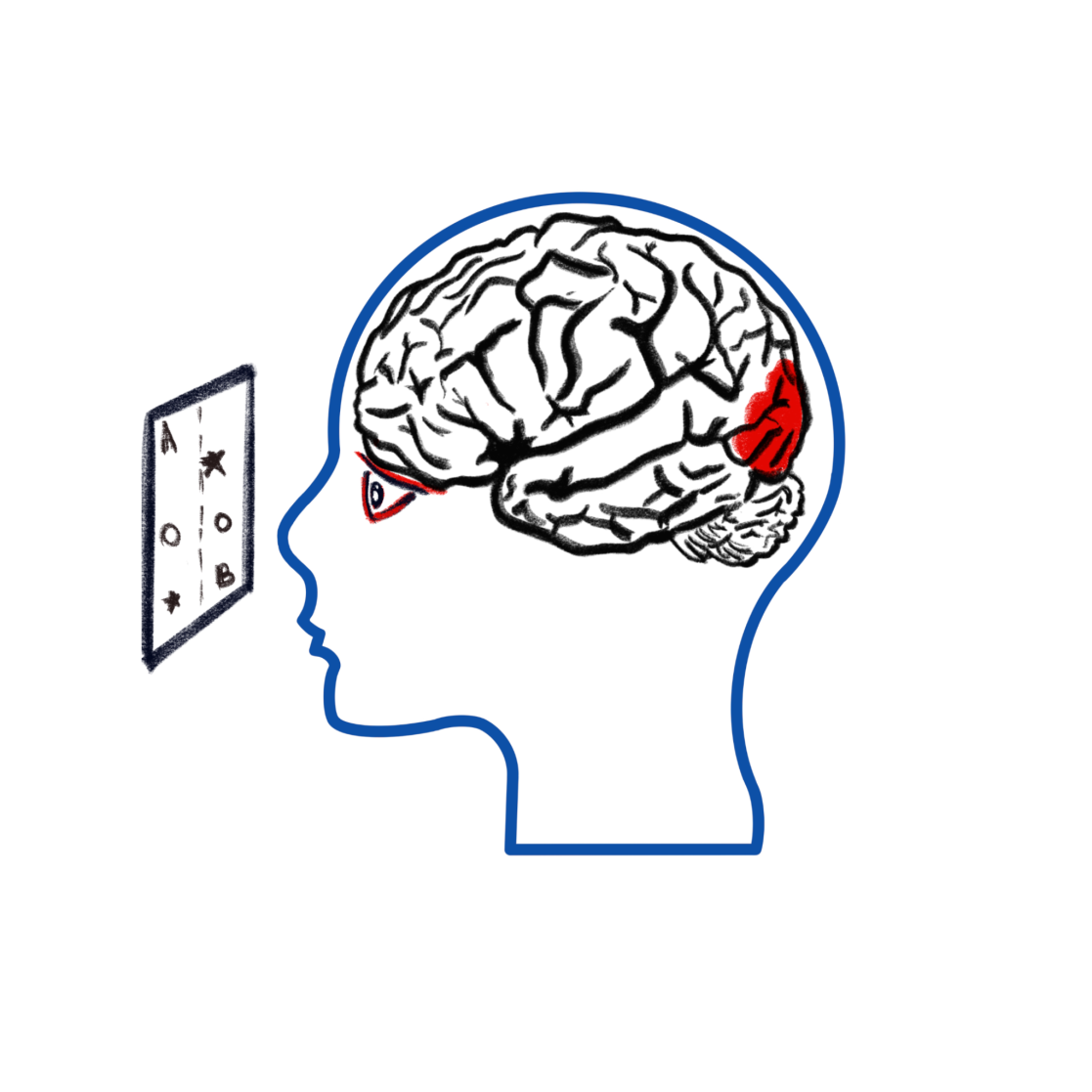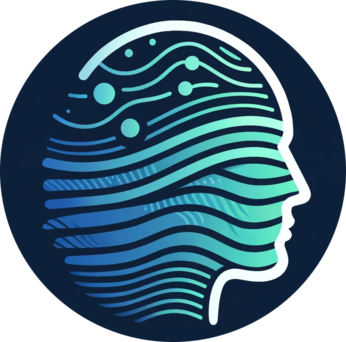
Resource for investigating brain disorders
2791 Participants from 1122 Families
About CALM-Brain
Changes in the structure and function of the brain that result in disorders are poorly understood. Neither do we understand why some individuals are more prone to developing brain disorders than others. Understanding these underlying changes in the brain will likely lead to better methods to diagnose and treat mental illness.
The CALM (CBM ADBS Longitudinal Multimodal) Brain Data Resource provides the scientific community with freely neuroimaging datasets collected from clinically dense families via the CBM-ADBS study to pursue questions along this line. The neuroimaging datasets are complemented with genetic and clinical data collected from the same cohort. By compiling and distributing this, we hope to facilitate a better understanding of brain disorders.
CALM-Brain is hosted by gin.ncbs.res.in and an SQL instance. It provides the community with access to most neuroimaging, genetic, and clinical data collected by the CBM-ADBS study. All data is available via calm-brain.ncbs.res.in
Data Use Agreement
CALM-Brain is distributed to the greater scientific community under the following terms:
- You will not attempt to establish the identity of or to make contact with any of the included human participants. This includes but is not limited to, genomic identification, facial recognition and 3D facial rendering.
- You will acknowledge the use of CALM-Brain data and data derived from CALM-Brain data
when publicly presenting any results or algorithms that benefited from their use. Papers, book
chapters, books, posters, oral presentations, and all other printed and digital presentations of
results derived from CALM-Brain data should contain the following:
- Acknowledgments: "Data was provided [in part] by CALM-Brain [insert appropriate release version].”
-
Citation: Until a journal article is available for the data resource, please cite the below reference.
- Viswanath, B., Rao, N.P., Narayanaswamy, J.C. et al. Discovery biology of neuropsychiatric syndromes (DBNS): a center for integrating clinical medicine and basic science. BMC Psychiatry 18, 106 (2018). doi: https://doi.org/10.1186/s12888-018-1674-2.
- You will not redistribute CALM-Brain data outside your team. All your team members must also comply with this Data Use Agreement.
- You will not use AI tools to analyze this data unless the AI provider guarantees that the data will not be retained by the AI provider or amalgamated into its training sets.
- You agree to provide the Center for Brain and Mind with information on the use of CALM-Brain data by your team, including the list of the personnel in your team who may use this data, should the Center for Brain and Mind so request.
- You understand that, if you are granted access to prerelease data, it is preliminary and may be subject to updates and further stages of curation.
- Failure to abide by these data use terms may result in termination of your permissions to access and use of CALM-Brain data.
Who Can Obtain Access?
Anyone with a scientific usecase can request for access. The resource is divided into different zones and the access request should mention the zones of interest. Lower zones have a strict vetting process and require a detailed statement.
- Zone 1: Contains raw data collected. Access requests to this is not possible.
- Zone 2: Includes anonymized stable-release and pre-release data. Access requires completion of the IHEC data access form and is subject to committee review.
- Zone 3: Anonymized, stable-release data. Access is subject to IHEC data access form approval and will undergo committee review.
- Zone 4: Contains the resource index and is openly accessible. You can try it out here.
By submitting the data request you agree to abide by the terms of this Data Use Agreement.
Documentation
These resources may be valuable to researchers using this data.
Contents, Access, and Usage
- CALM-Brain Data Reference
- https://gin.ncbs.res.in/calm-brain/info/wiki/Reference
- Access and Download using almirah
- https://gin.ncbs.res.in/calm-brain/info/wiki/Home
- The DataLad Handbook
- https://handbook.datalad.org/en/latest/
Frequently Asked Questions
- Should I combine different releases?
- No, please do not combine releases. Each release is an increment over the previous one. This means, new releases add new data on top of old releases. In rare cases, files or metadata might be removed to ensure anonymity and consistency.
- Can I request more data?
- Yes. Requests can be made for pre-released data (Zone-3). Any request for these should be accompanied with a valid usecase and will be screened by the steering commitee.
- Where is Diagnosis information?
- All diagnostics, assessments, and clinical records are stored in an RDBMS instance accessible via almirah.
Releases
Publications
- Discovery biology of neuropsychiatric syndromes (DBNS): a center for integrating clinical medicine and basic science
- Viswanath B, Rao N P, Narayanaswamy J C et al. BMC Psychiatry, 18, 106, 2018. doi: 10.1186/s12888-018-1674-2
Citing
We request authors of publications or presentations using the CALM-Brain resource to cite the publication that describes the methods used to acquire and process the data.
All CALM-Brain data use requires acceptance of the Data Use Agreement. To download a index, click on the release of interest.

